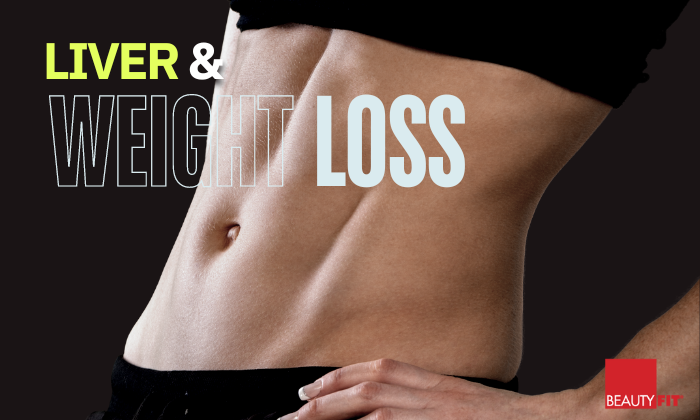The Mighty Liver: Its Crucial Role in Muscle Building and Weight Loss
The liver, often overshadowed by its neighboring organs, is a powerhouse in the human body. While it's primarily known for its detoxification functions, the liver plays a significant role in muscle building and weight loss. Understanding its key functions can shed light on how this vital organ impacts our fitness and overall well-being.
The liver is the largest internal organ in the human body and performs over 500 essential functions. Its primary role is to filter and process blood as it circulates through the body, detoxifying harmful substances and metabolizing nutrients. This process involves the production of bile, which aids in the digestion of fats, as well as the storage and release of glucose to maintain stable blood sugar levels.
- Muscle Building and the Liver
Muscle building is a complex process that involves more than just lifting weights. The liver contributes significantly to this by regulating the levels of amino acids, the building blocks of proteins, in the bloodstream. These amino acids are essential for muscle repair and growth after exercise.
The liver also stores glycogen, a form of glucose that serves as a crucial energy source during intense workouts. When our muscles require energy, the liver releases glycogen into the bloodstream, providing the fuel needed to sustain physical activity. This glycogen reservoir is essential for maintaining consistent energy levels during exercise, enabling individuals to push themselves further and enhance their muscle-building potential.
Moreover, the liver aids in the regulation of hormones, including insulin and growth hormone, which play pivotal roles in muscle synthesis. These hormones influence the body's ability to utilize nutrients for muscle repair and growth, making the liver an indirect but crucial contributor to the muscle-building process.
- Weight Loss and the Liver
When it comes to weight loss, the liver's functions are equally significant. One of its primary roles in this context is metabolizing fats. The liver processes dietary fats and, when necessary, converts excess carbohydrates and proteins into fat for storage. Additionally, it produces bile, which aids in the breakdown and absorption of fats in the digestive system.
Furthermore, the liver is involved in the regulation of cholesterol levels. It synthesizes and excretes cholesterol, playing a key role in maintaining a healthy balance of this lipid in the body. By doing so, the liver contributes to the prevention of excessive fat accumulation and the development of conditions such as fatty liver disease.
The liver also participates in the regulation of blood sugar levels. By storing and releasing glucose as needed, it helps maintain a steady supply of energy for the body, thus preventing dramatic fluctuations in blood sugar that can lead to overeating and weight gain.
The liver's multifaceted functions are integral to the processes of muscle building and weight loss. Its roles in nutrient metabolism, energy regulation, and hormone balance have a substantial impact on our physical fitness and overall health. Understanding and appreciating the liver's significance can inspire individuals to prioritize its well-being through a balanced diet, regular exercise, and healthy lifestyle choices. By doing so, we can harness the full potential of this remarkable organ and optimize our journey towards fitness and well-being.
The liver, often overshadowed by its neighboring organs, is a powerhouse in the human body. While it's primarily known for its detoxification functions, the liver plays a significant role in muscle building and weight loss. Understanding its key functions can shed light on how this vital organ impacts our fitness and overall well-being.


